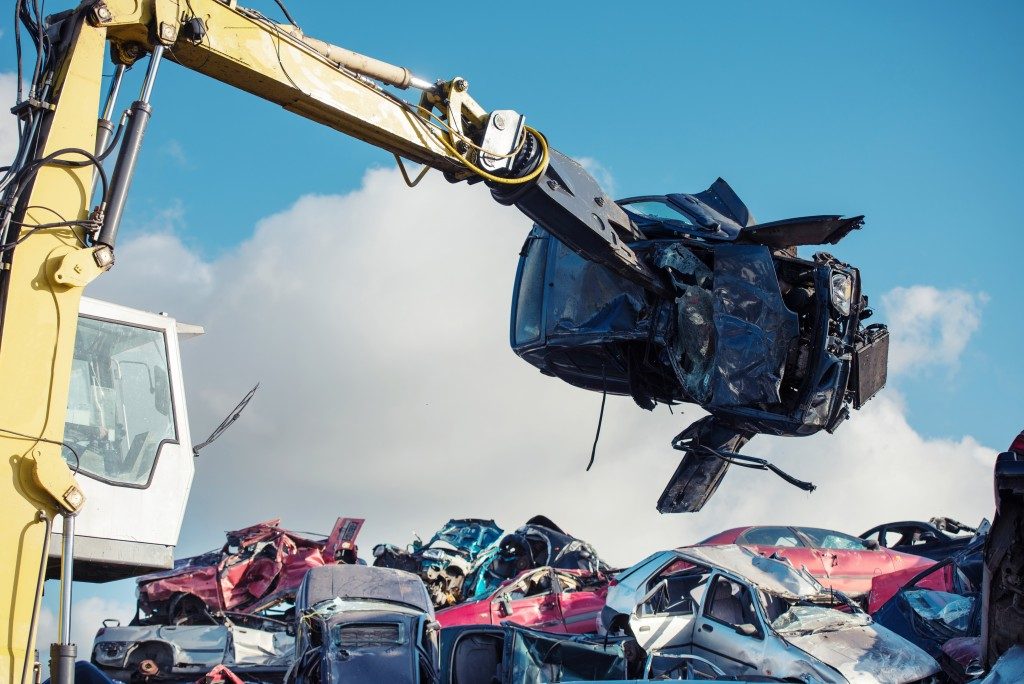The recycling business is fairly straightforward and simple: these businesses collect, sort, and process unsorted waste, then proceed to further sort recyclable materials in order to process and refine them into raw materials, these raw materials are then sold to other companies to manufacture products. This industry is, no doubt, eco-friendly as it minimizes the need for manufacturers and other industries to acquire fresh raw materials and contributes heavily towards a sustainable economy. The simplicity and demand for this industry have spawned over 1,500 recycling businesses and a revenue of approximately $7 Billion. So, if you’re determined to begin your own small recycling business, here are a few tips to help you get started:
Know the Demand
There’s really no point in making a recycling business and processing recyclable materials into raw materials if there’s no industry that uses these raw materials to sell it to. So do your research and check for existing businesses in your area that utilizes a particular raw material or are in need of recycled raw materials. You may have to look further than your own city and make a lot of calls all across different businesses and industries. In some cases, certain industries such as tile-makers or plastic chair manufacturers put up their own small recycling business or operation in a way to self-sustain and cut costs in production to offer cheaper products and market it as “green” by using recycled materials — so if you own or are partners with these industries, it would be a lot easier.
Determine the Supply (Material)
Once you’ve determined on the available industries and the raw materials they need, focus on a particular raw material that is in high demand and is also easily available in volume. So, check around your area for common waste materials. As much as you’d want to recycle and sell everything, it can be quite costly, so it’s important to focus only on a few recyclable materials to start off. The most common wastes that have high demand and are common are plastic, metals, textiles, wood (for wood chips).
Marketing and Partnerships
The recycling business is quite easy to promote and market. In industrial areas, companies and businesses would be the ones approaching you. However, it’s still important to promote your small business through traditional (print ads, tv advertisements) and online marketing (websites, search engine optimization, social media), as well as approaching businesses and companies to have exclusive partnerships that would help towards making your business more sustainable and profitable.
Manpower, Machinery, and Site
You’ll need to have a good strategic location that makes the collection of wastes and selling of processed recycled materials easy. Not only that, but you’ll have to acquire industry experts to help you with the machinery and recycling process, and the manpower needed for the collecting, processing, and transporting of the recyclable materials. If you’re having trouble finding the manpower, there are recycling industry recruiters that can help achieve having a skilled and qualified workforce.
Financing

As with all businesses, you’ll need to find ways to finance your startup. You should try to check for special loans and grants that are available from the government and its environmental programs to help start your small recycling business. There’s a considerable amount of funding required for the facility, the equipment, your staff, utilities, as well as the costs for collecting, transporting, storing, and selling of the wastes and processed recycled materials.
Legalities
Lastly, it’s important for you to hire a lawyer who’s experienced and knowledgeable about the industry to help you put up the business and ensure that every part of the operation is legal and compliant to waste recycling industry standards and regulations. There will be a lot of paperwork, permits, and certifications, so you’ll want an expert on the job to help you out while you focus on other aspects of the startup.
Conclusion
There’s no question that the recycling business is lucrative and sought-after, but it’s important for you to establish supply and demand, and build partnerships in order to make it successful. So take these tips in mind when you planning and preparing the startup of your small recycling business.
